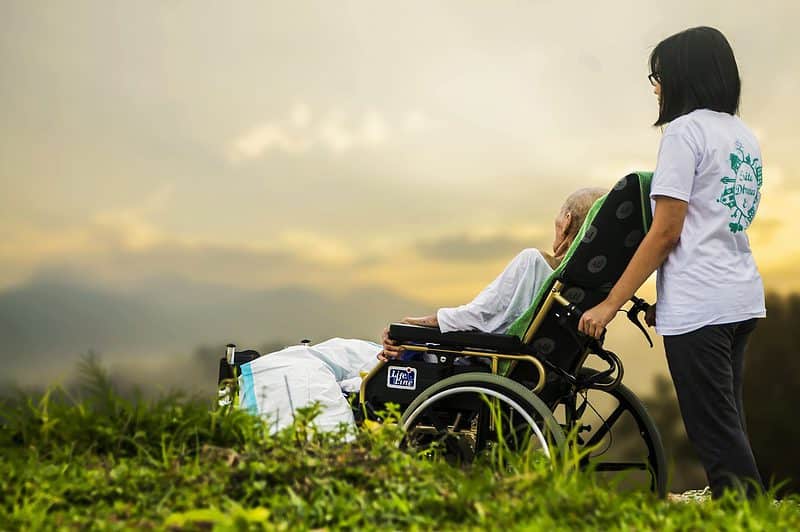It’s often said that the elderly are our nation’s most precious resource. And for a good reason. They are the ones who have seen and experienced the most, they have valuable life lessons to share, and their wisdom is invaluable. But as our population ages, more and more people are finding themselves in the role of caregiver for a loved one. Whether you are taking care of your parents, grandparents, or another older relative, it can be a challenging but rewarding experience. Here are some tips to help make things a little bit easier.
1. Find a Good Home Care for Them

A good home care agency can provide you with a team of caregivers who are skilled and trained in working with the elderly. Caregivers at aged care in Sydney are specially trained to help with the needs of seniors, including bathing, dressing, and other personal care. It’s also the responsibility of caregivers to provide companionship and emotional support for your loved one and respite so you can take some time off from your responsibilities every once in a while.
When looking for a care agency, choosing one with a good reputation and offers the services you need is essential. Interview several different agencies and ask for references from current or past clients. Ensure their staff is well-trained in ageing issues and skilled at managing challenging behaviours.
2. Consider Their Needs
When caring for elderly relatives, one of the most important things to remember is their needs. Everyone is unique, so you must consider various factors when deciding what care is best for them.
You will need to consider their health and physical abilities, cognitive function, living situation, and social life. You will also need to consider your schedule and budget and how much help you can provide. It can be a daunting task trying to figure out all these things on your own, so contacting the top home care agency in Philadelphia (or indeed one elsewhere more relevant) can help you to make sense of what is possible and what you might need an extra hand with.
3. Keep their Environment Comfortable and Safe

A crucial part of caring for an elderly relative is ensuring their living environment is safe and comfortable. This may mean changing their home, such as installing grab bars in the bathroom or removing furniture they may trip on. It’s also essential to ensure that their home is well-lit and has clear pathways. This will help reduce the risk of falls and other accidents and make it easier for them to get around.
4. Spend Quality Time With Them
One of the most important things you can do for your elderly relative is to spend time with them. Taking care of them involves more than just ensuring they have what they need – it’s also about spending quality time together and creating memories.
Whether taking them out for a walk, going to the movies, or just having a cup of tea together, make sure you make the most of your time with them. Not only will this help keep them happy and content, but it will also allow you to learn from their many life experiences.
5. Address Any Health Concerns Promptly
If you have a loved one dealing with a health concern, it’s essential to address it promptly. Listening carefully and being patient is critical when your loved one is telling you about their health concerns. They may not be comfortable talking about it, so give them time to open up at their own pace. And don’t judge or criticize – just let them know that you are there for them no matter what.
Once they have opened up to you, offer your support and help however you can. This may mean going with them to appointments, researching on their behalf, or simply listening when they need someone to talk to. Let them know that you are there for them every step of the way and that they can count on you no matter what happens.
6. Offer Emotional Support
In addition to addressing physical health concerns, offering emotional support is also essential. Many older adults struggle with feelings of sadness, depression, and anxiety, which can harm their overall well-being.
If you notice your loved one struggling emotionally, reach out to them and offer support. Whether it’s an encouraging word, a shoulder to cry on, or someone willing to listen, take the time to let them know that you care and are there for them. And if they are struggling with thoughts of self-harm or suicide, seek professional help immediately.
Taking care of an elderly relative can be a challenging task, but it is also very rewarding. There are many things to consider when providing care for an ageing loved one, such as their health and physical abilities, cognitive function, living situation, and social life. Additionally, you will need to consider your schedule and budget and how much time and energy you can commit.


